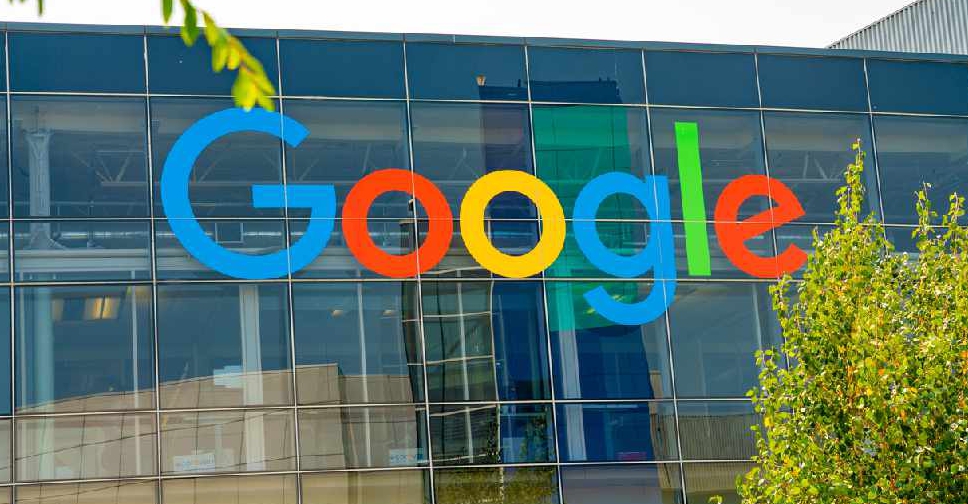
Google, a subsidiary of Alphabet, has announced the launch of its new chatbot tool, "Bard", which is set to compete with the popular AI language model, ChatGPT.
CEO of Google and Alphabet, Sundar Pichai, revealed in a blog post that the new tool will initially be available to "trusted testers" with plans to make it accessible to the public in the near future.
Like ChatGPT, Bard is built on a large language model, which is trained on a vast amount of data from the internet to generate responses to user prompts. Pichai explained that Bard aims to bring together "the breadth of the world's knowledge with the power, intelligence, and creativity of our large language models".
Google's new chatbot tool comes as the company's core product, online search, is facing its most significant threat in years due to the popularity of ChatGPT. Since its public launch in late November by OpenAI, ChatGPT has been used to generate essays, stories, song lyrics and answer questions previously searched for on Google.
The attention on ChatGPT has caused Google management to declare a "code red" situation for its search business. Microsoft, which has confirmed plans to invest in OpenAI, is rumoured to be integrating the tool into its search engine, Bing. The software giant is set to hold a news event on Tuesday, the details of which have yet to be announced.
The technology behind Bard has been in existence for a couple of years, with Google unveiling its Language Model for Dialogue Applications (LaMDA) in the past. Google confirmed that this technology will power Bard. Despite claims by a former Google engineer that LaMDA was "sentient," these claims were widely criticised in the AI community.
Google demonstrated the capabilities of Bard by providing an example of a user asking the chatbot to explain NASA's new discoveries from the James Webb Space Telescope to a nine-year-old. Bard responded with conversational bullet points, making it easier for the child to understand.
In the blog post, Pichai also mentioned that AI-powered features will soon be incorporated into Google's Search tool. He believes that AI will allow for the distillation of complex information into easy-to-digest formats, making it easier for users to understand and learn more from the web.
"Soon, you’ll see AI-powered features in Search that distill complex information and multiple perspectives into easy-to-digest formats, so you can quickly understand the big picture and learn more from the web," Pichai wrote. "Whether that’s seeking out additional perspectives, like blogs from people who play both piano and guitar, or going deeper on a related topic, like steps to get started as a beginner."
However, experts have raised concerns that chatbot tools, which are trained on online data, have the potential to perpetuate biases and spread misinformation. Pichai emphasized the importance of bringing these AI models to the world in a responsible way.
"It’s critical," Pichai wrote in his post, "that we bring experiences rooted in these models to the world in a bold and responsible way."





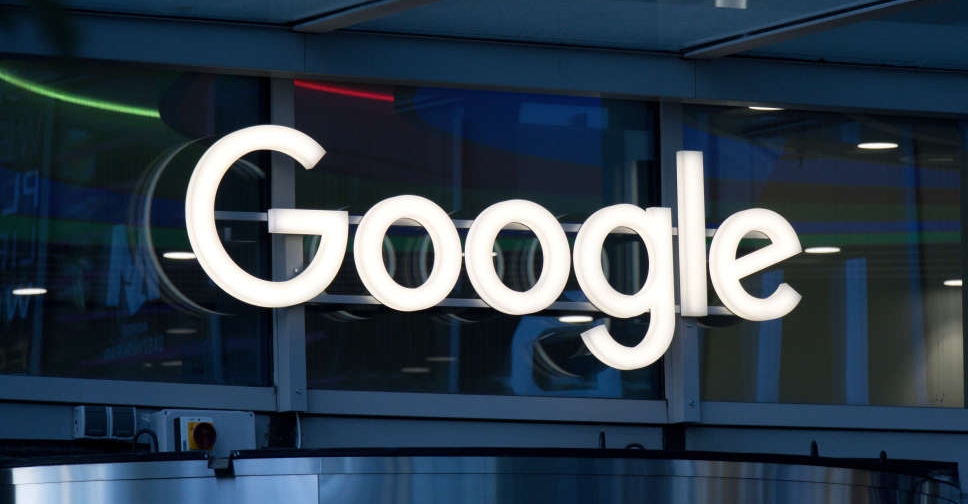 New York Times reporter sues Google, xAI, OpenAI over chatbot training
New York Times reporter sues Google, xAI, OpenAI over chatbot training
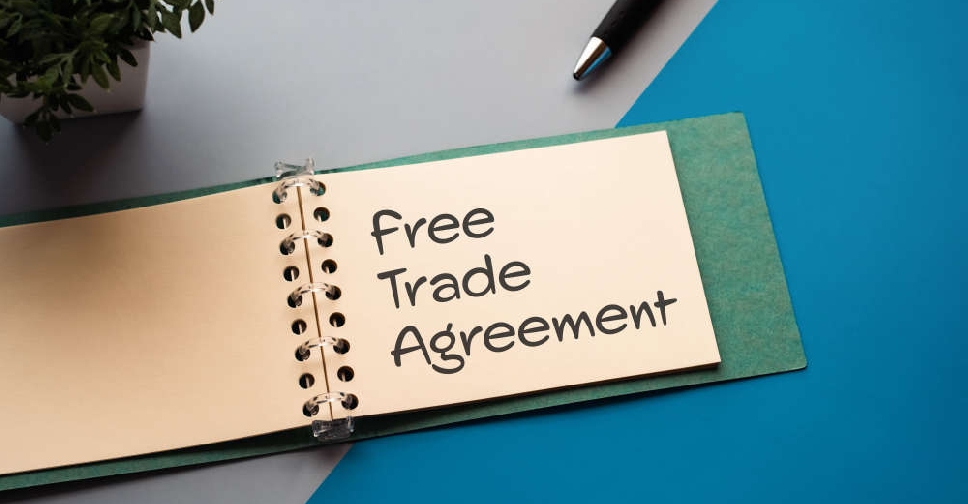 New Zealand concludes FTA with India with aim to double trade
New Zealand concludes FTA with India with aim to double trade
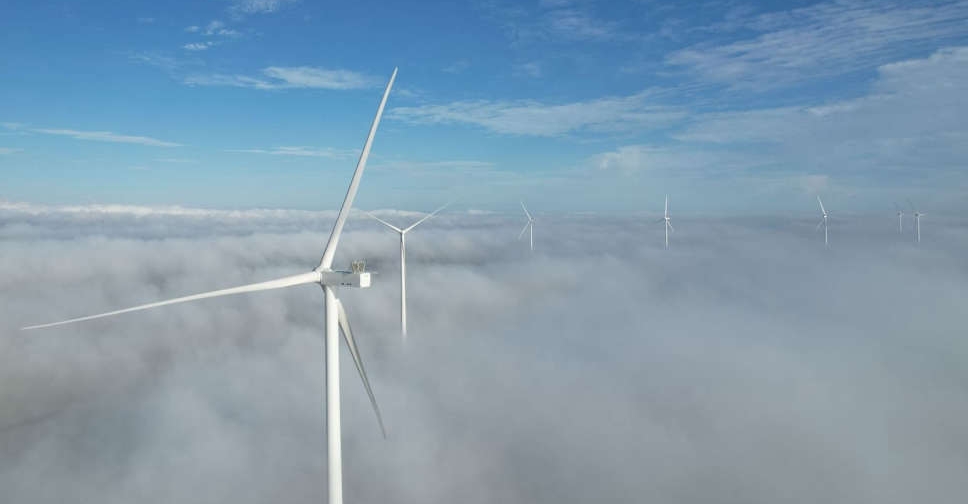 Mubadala partners with Actis to invest over $350 million in Rezolv Energy
Mubadala partners with Actis to invest over $350 million in Rezolv Energy
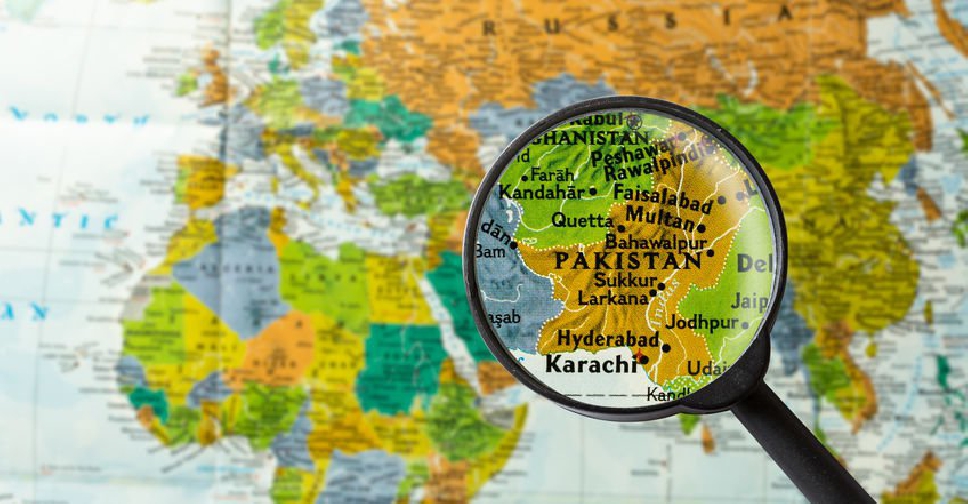 World Bank approves $700 million for Pakistan's economic stability
World Bank approves $700 million for Pakistan's economic stability


